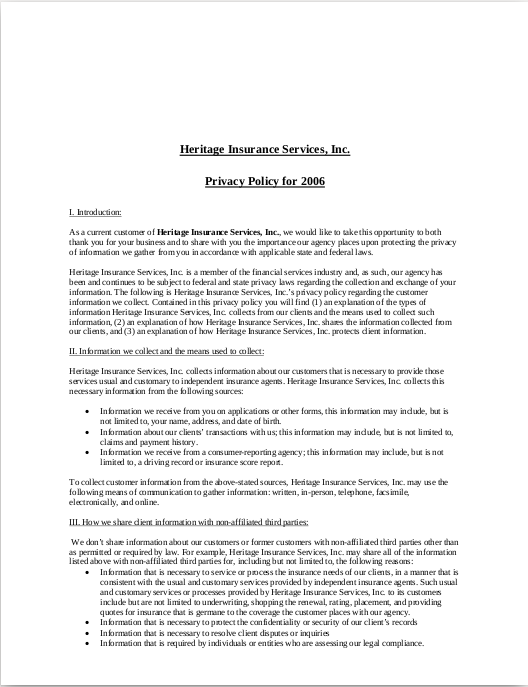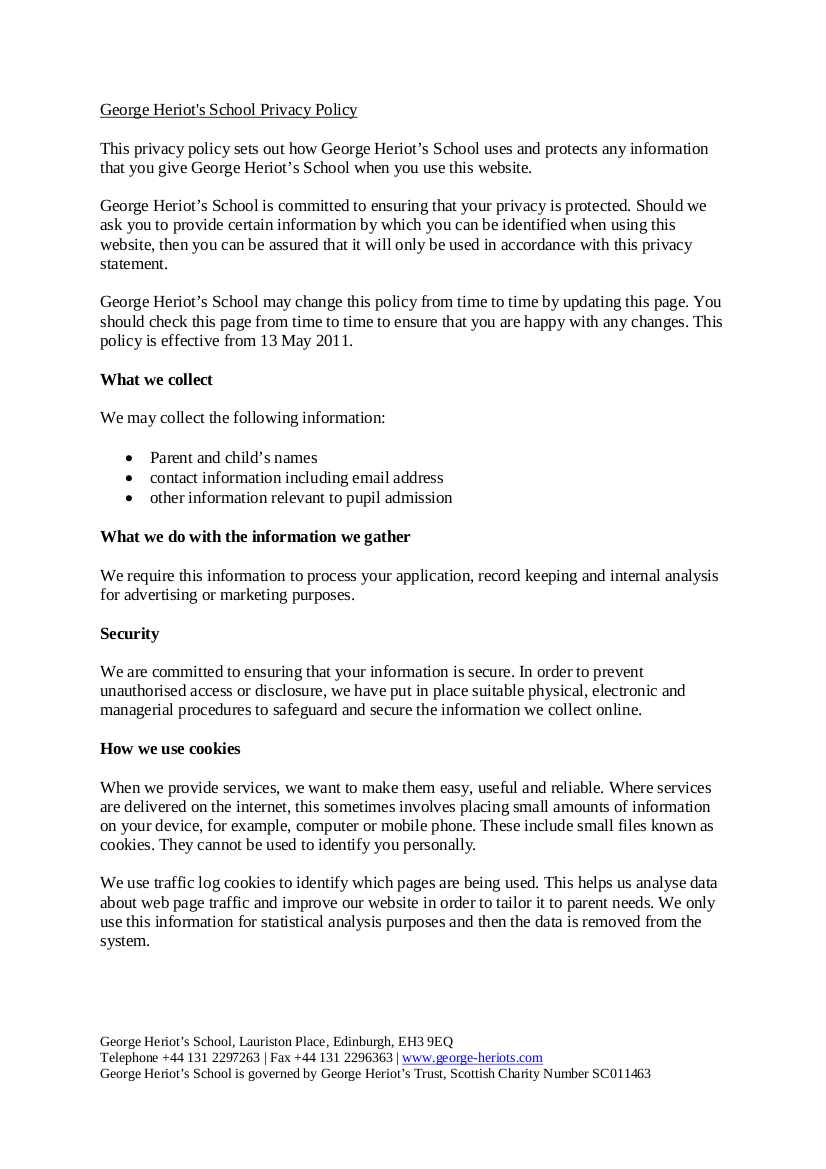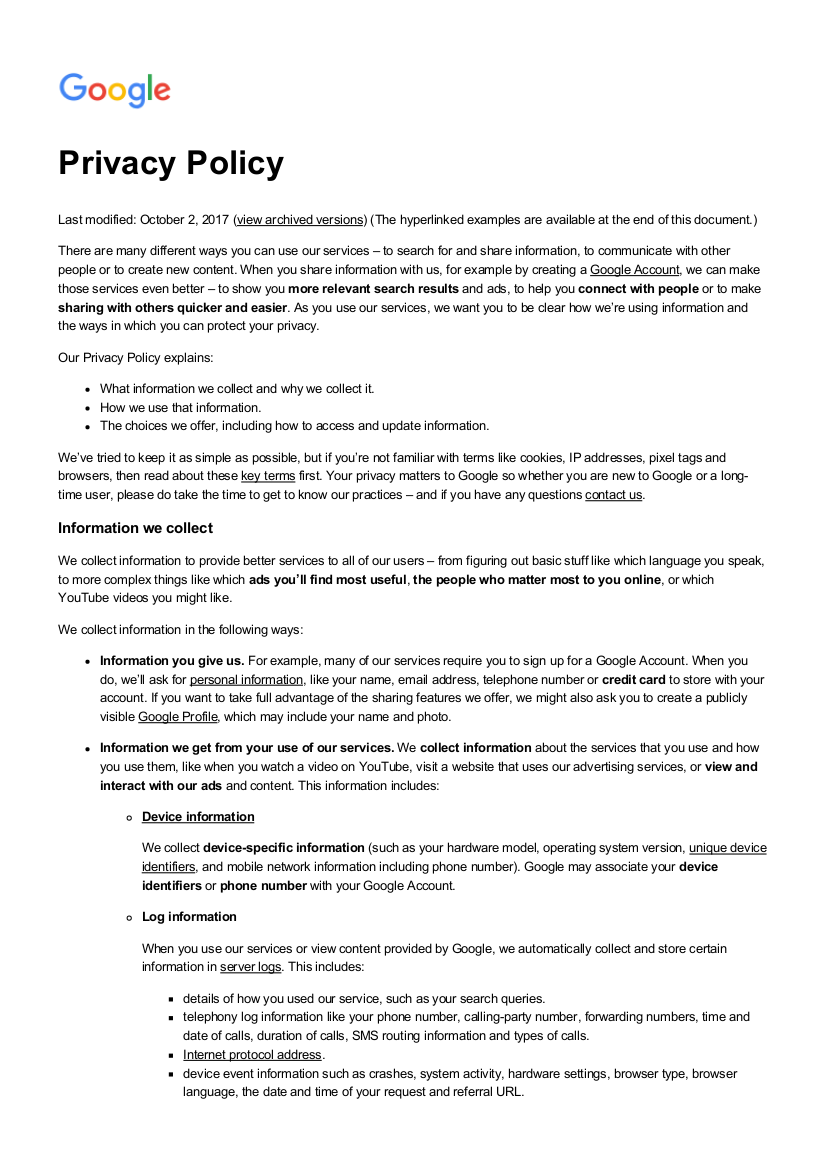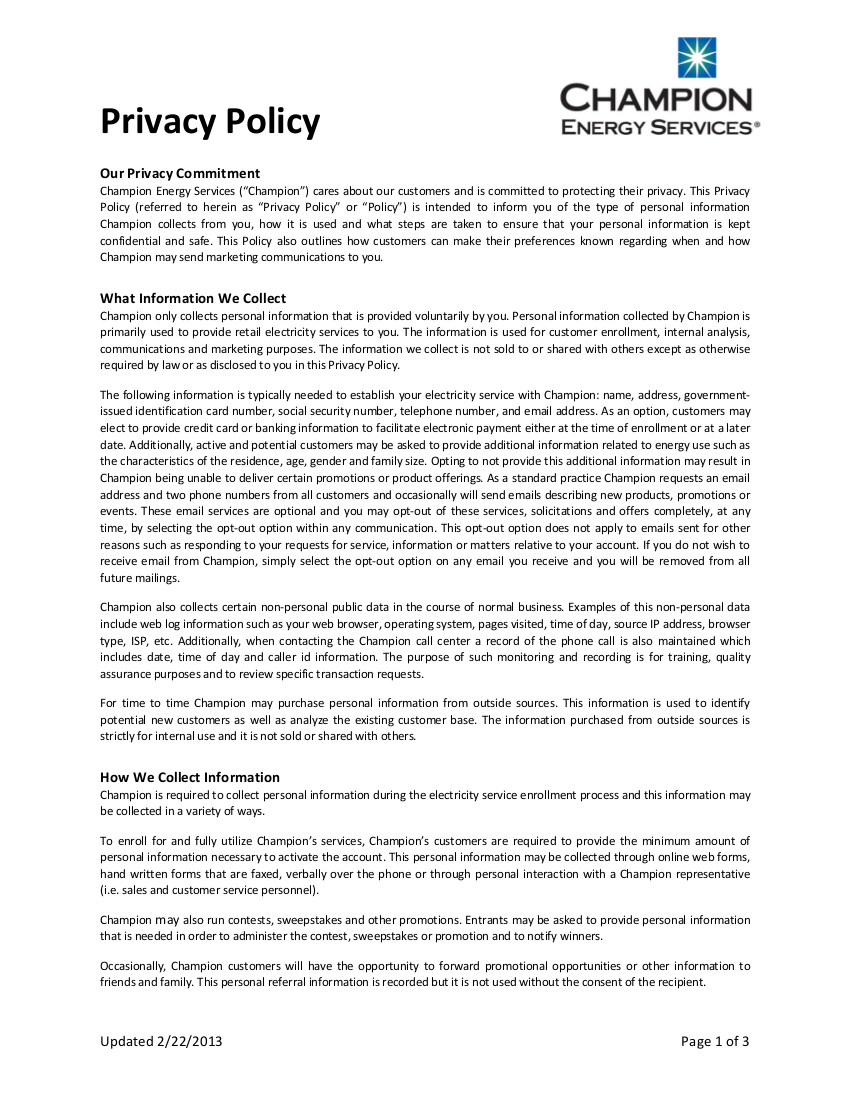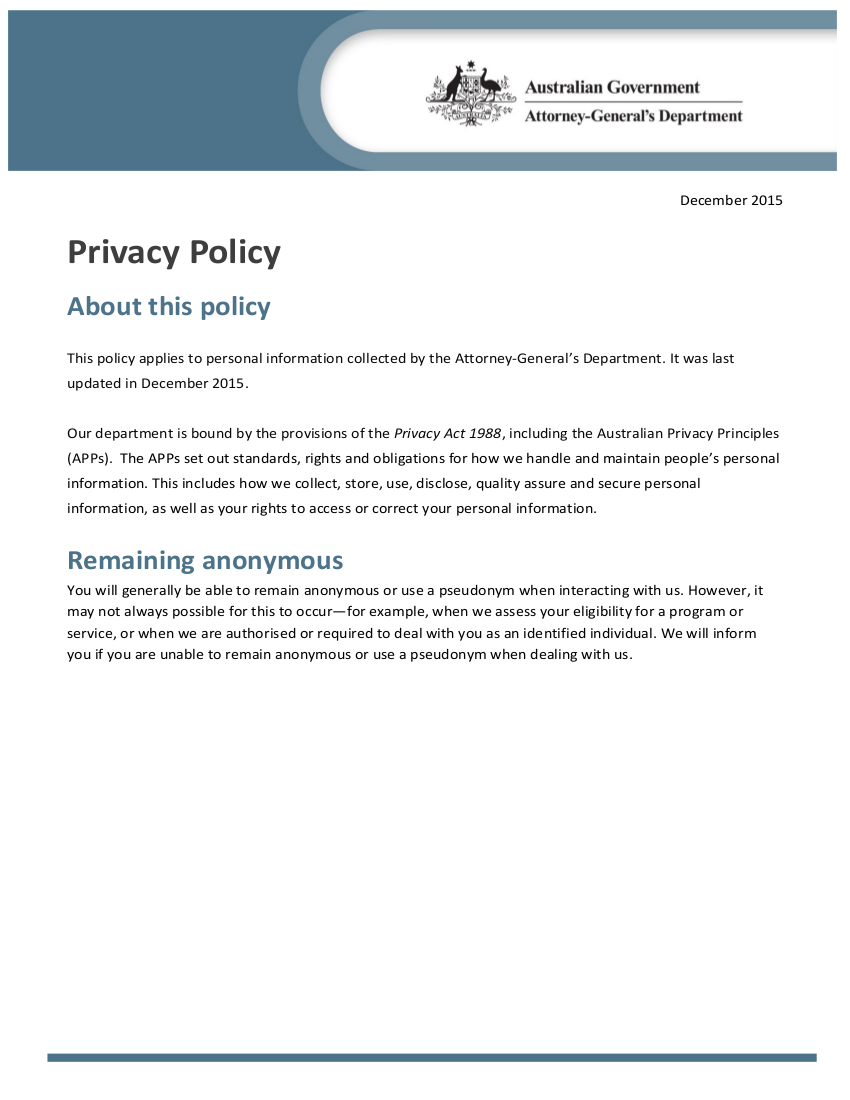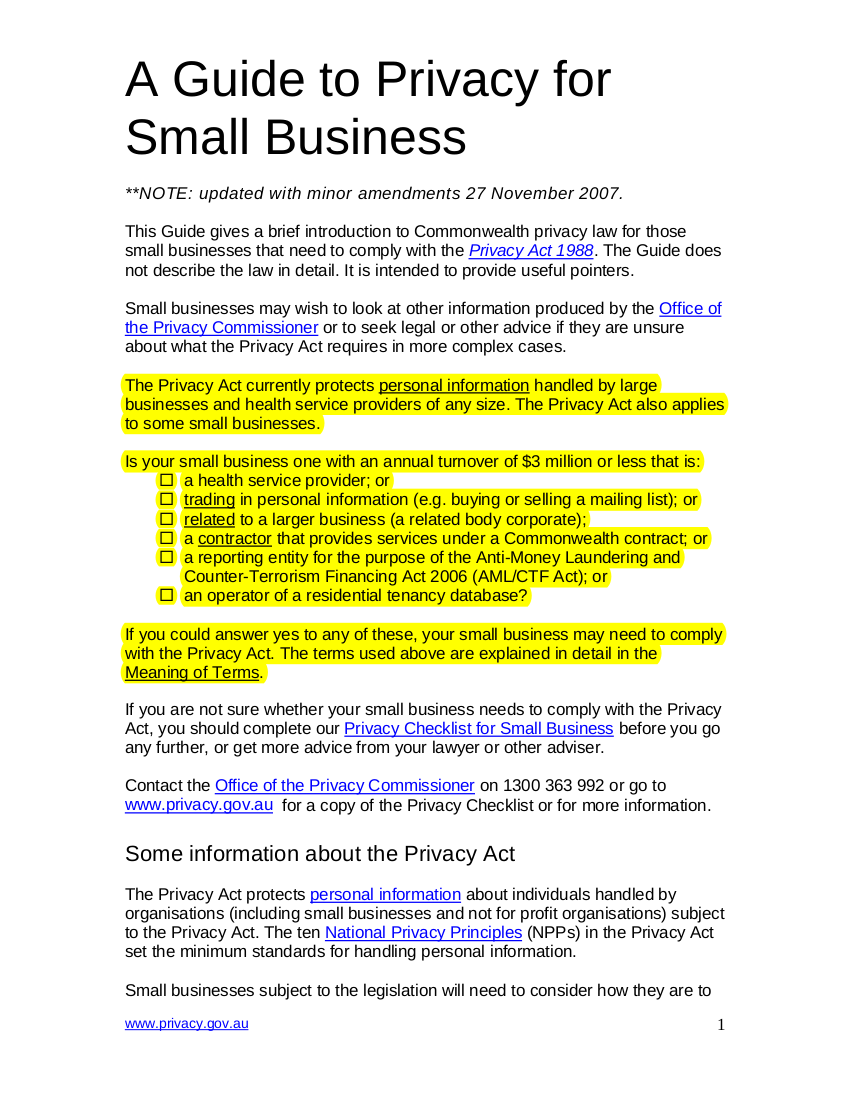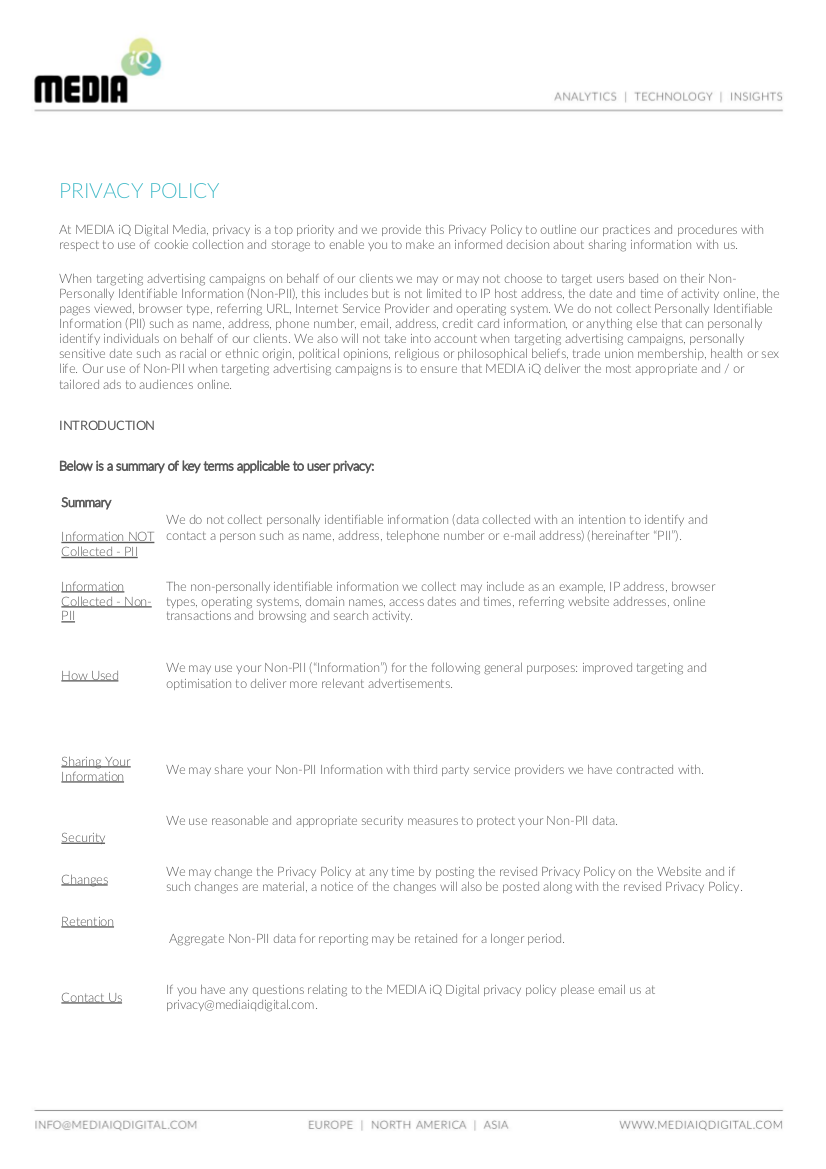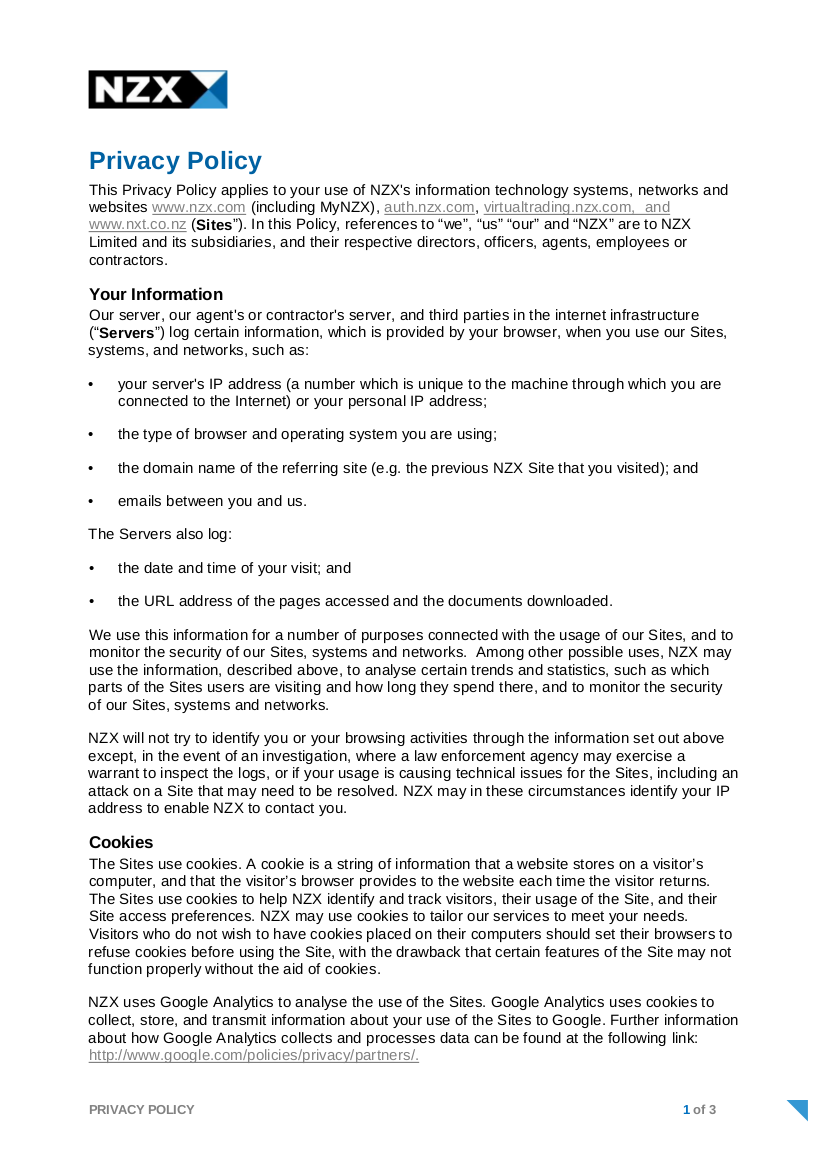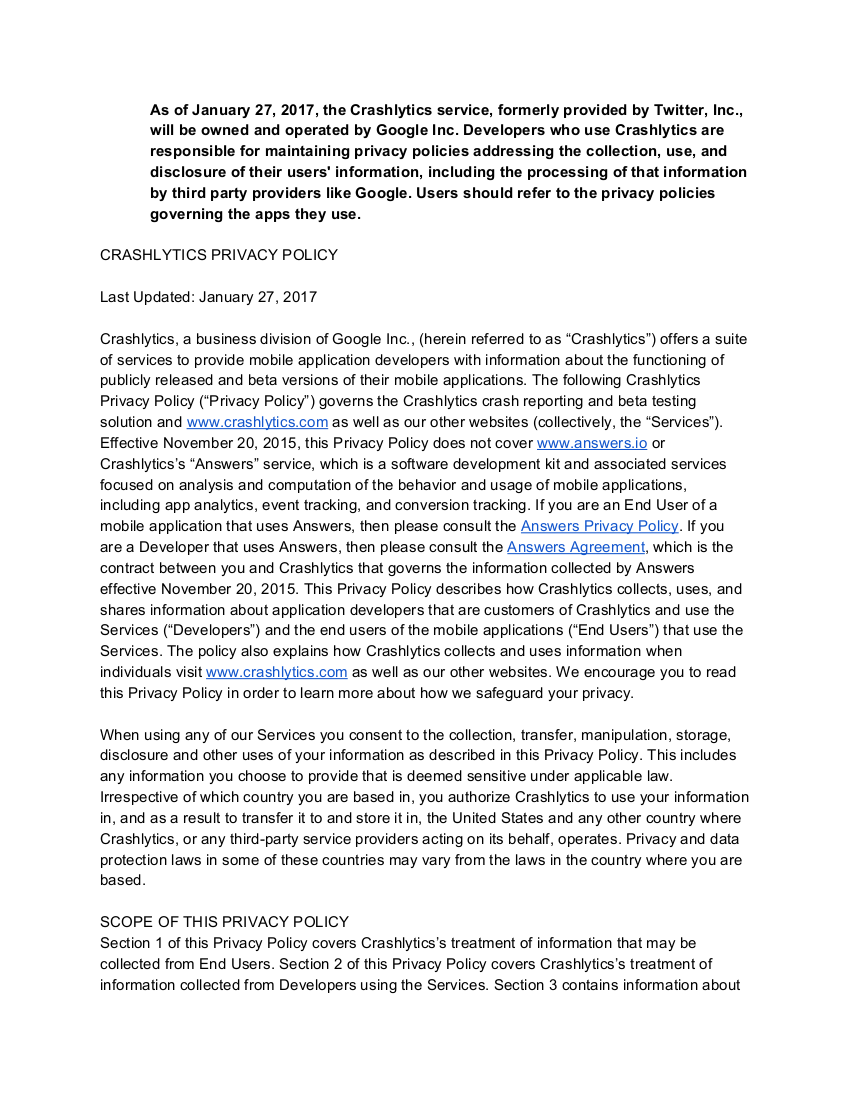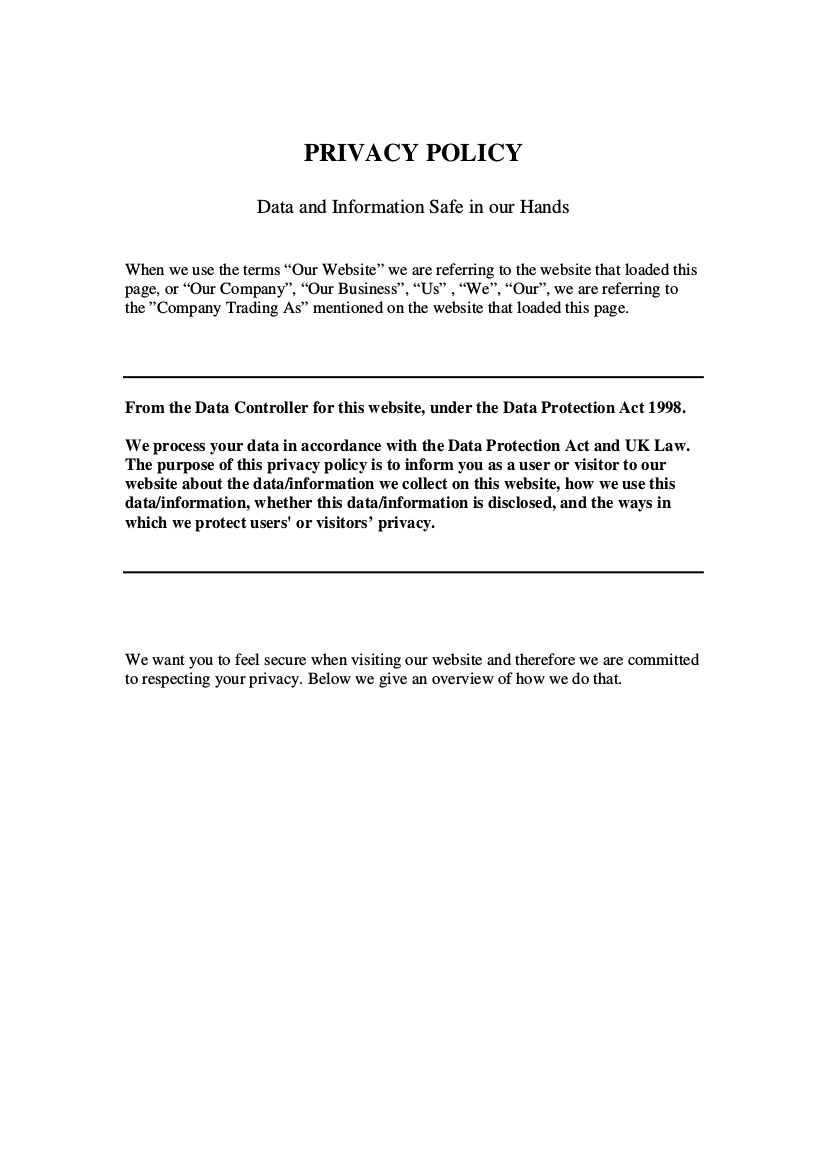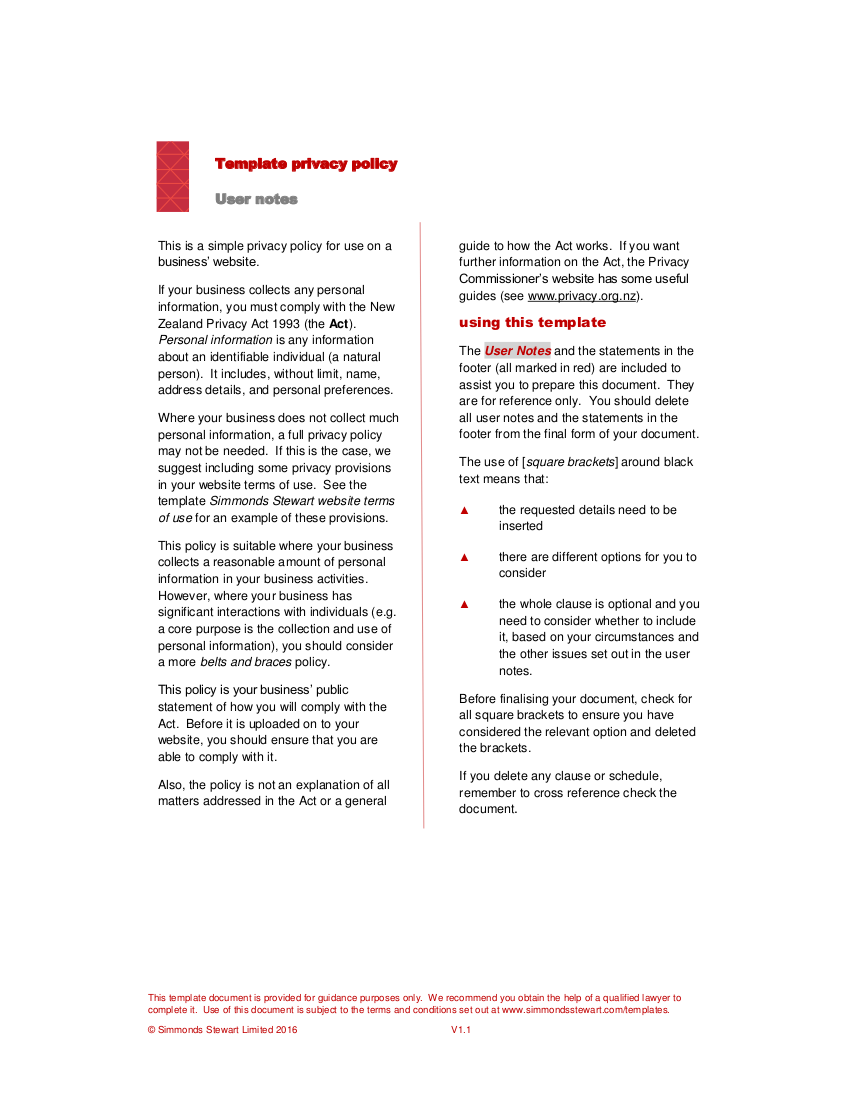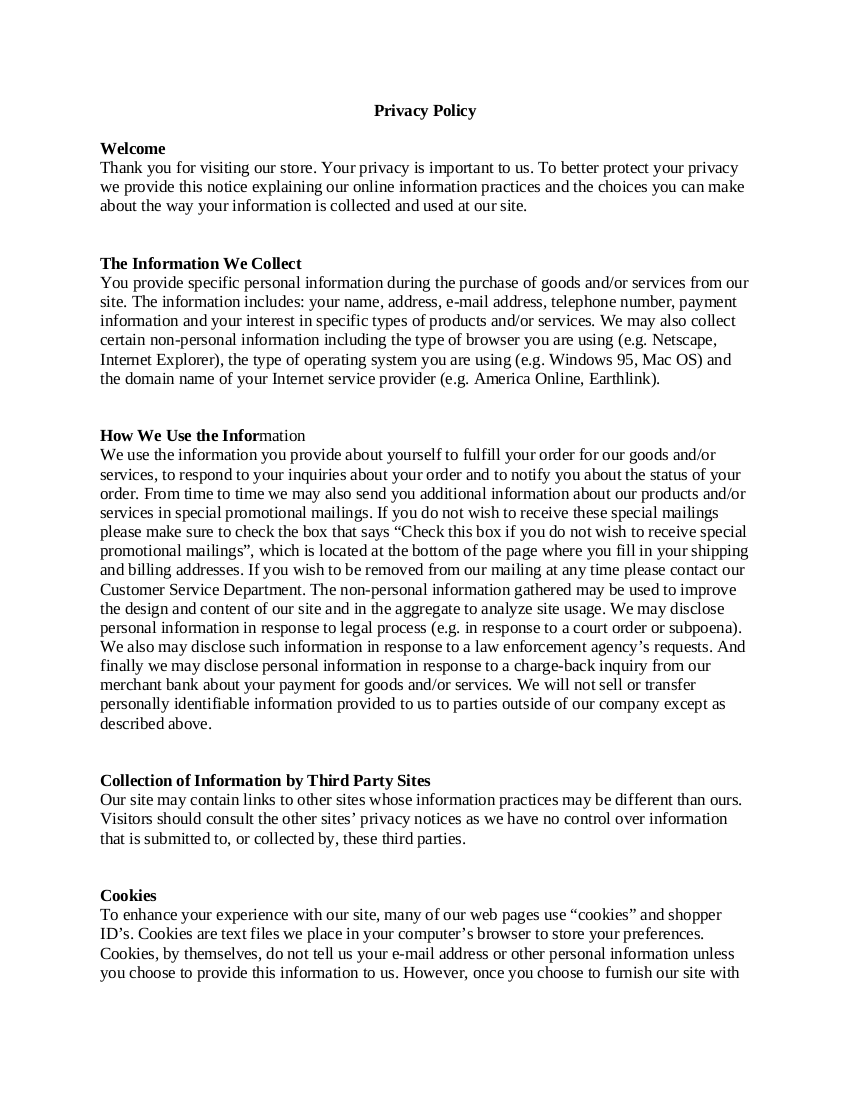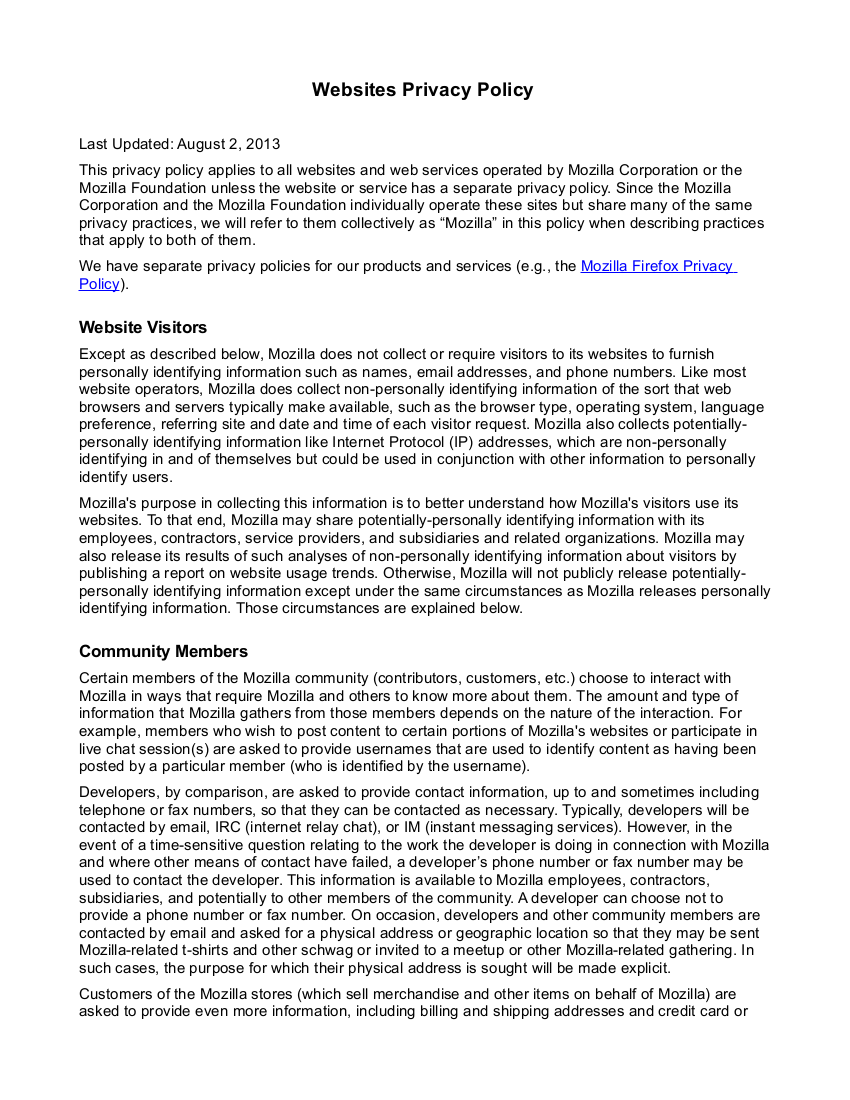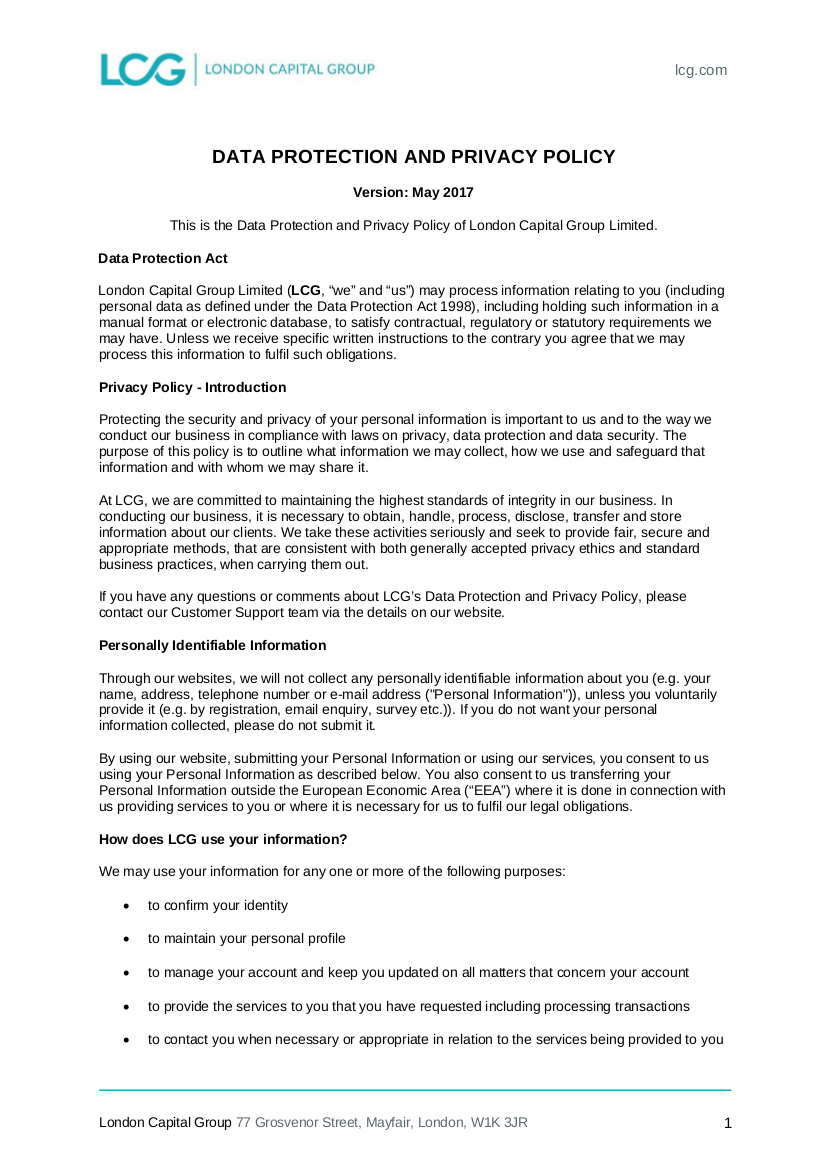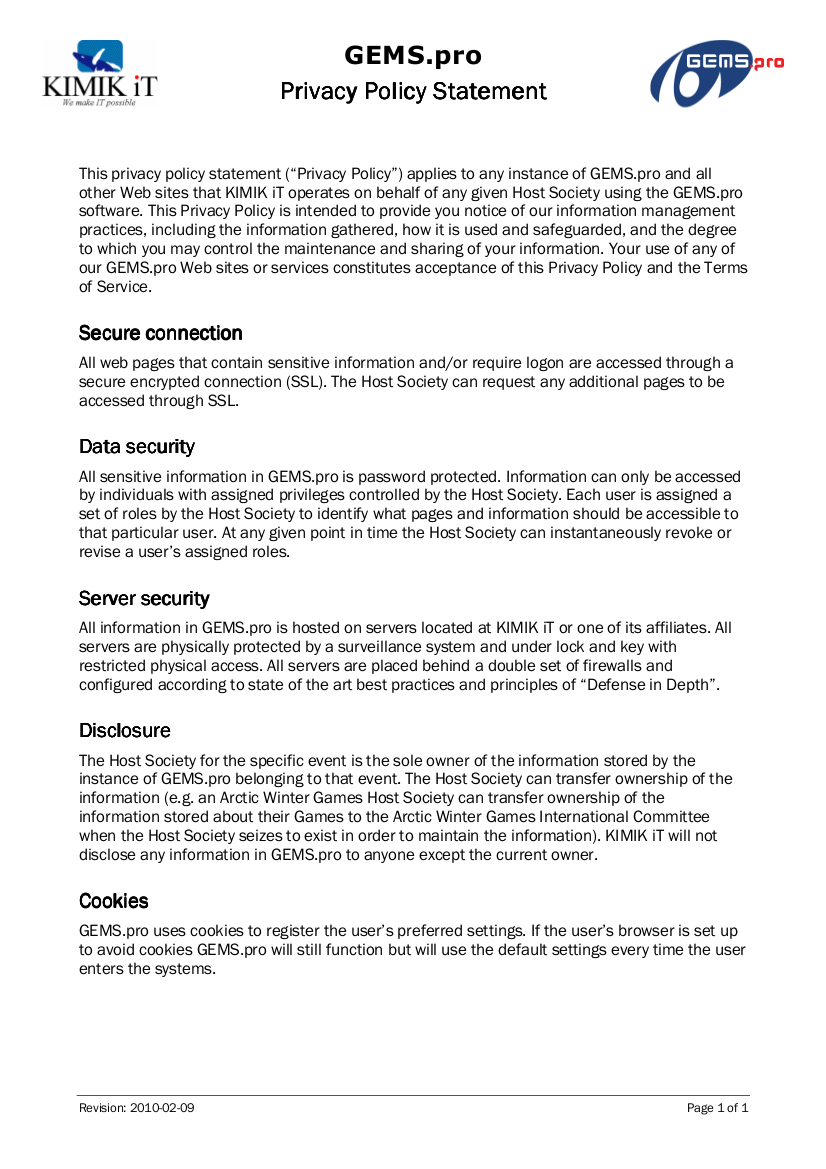18+ Privacy Policy Examples to Download
If you have been on the Internet for a very long time now, you must have encountered privacy policies. It typically appears when you sign up for something or you buy something online. You might already have checked boxes that you have agreed what was written in the privacy policy statement but in reality, you have not read a single sentence, let alone a phrase from the privacy policy statement. You just lazily scrolled your mouse down to that tiny box that would often say to check it if you’ve read and understood the policy examples.
But despite that, you still went on and supplied the website your personal information not knowing what the purpose might be of you supplying it. You thought you have done the same process for a long time anyway, so why bother reading it the next time you encountered another privacy policy statement when nothing bad has happened to you ever since?
Privacy Policy Example
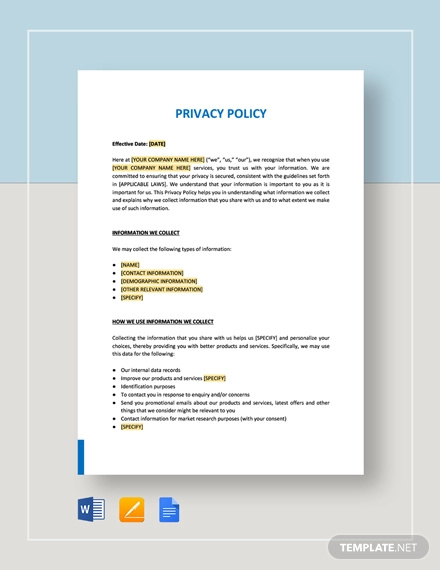
Privacy in the Workplace Policy Example
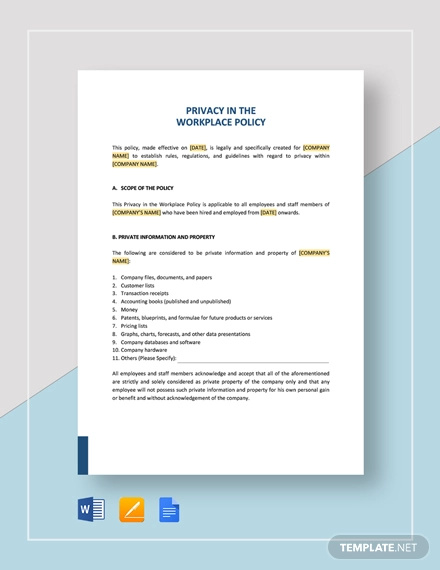
Privacy And Employee Monitoring Policy Template
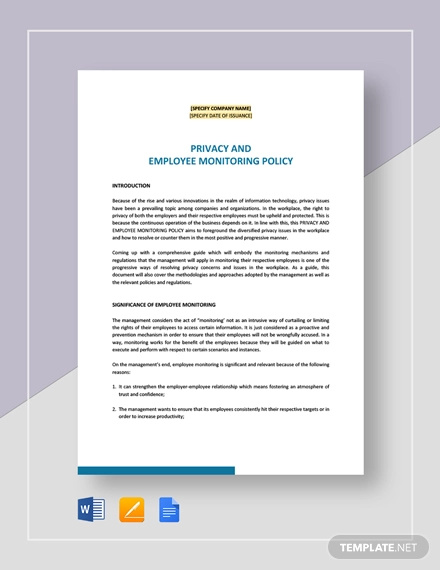
Website Privacy Policy Example
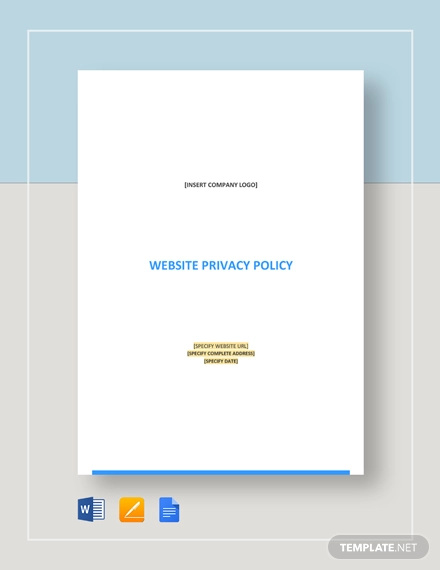
Insurance Services Privacy Policy
Most of us have taken privacy policies for granted that we check the box of the website private policy statement we often encounter online so carelessly not knowing why we even check a box in the first place. But luckily for us, there are companies and website owners who care enough to protect our personal information. It is through the privacy policy that companies offer to their employees that they give them a means to safeguard information that should not be disclosed. Companies know that not all information given is an information that should be carelessly to other third parties without valid purposes.
School Privacy Policy
Google Privacy Policy
Energy Services Privacy Policy
Sample Privacy Policy
What Are Privacy Policies?
A privacy policy is a statement, and is also an agreement between two parties, that states in full detail how one party, the employee or the website owner or creator, would be collecting, using, and managing the data that is disclosed by the other party, the employee, the client or the user of the website.

A common privacy policy’s scope consists of what type of information is being disclosed and who the individuals the privacy policy is being applied to, like the employees and the users. The policy statement would consist of what the management, the creators, or the one who created the privacy policy statement, expects the employees or the users to act and what the consequences are if ever the employees or the users would be non-compliant. A privacy policy would clearly define what kind of personal information, as well as its classification, is being asked to disclose.
A privacy policy contains the protection and the destruction standards. It’s a standard that every existing policies, like attendance policies, security policies, and social media policies, would always contain the detailed information of who are the people that would be dealing and be called for whenever there are questions and concerns regarding to any content of a privacy policy and who should be carrying out the consequences and sanctions for noncompliance.
Private policies are always detailed particularly on what disclosed personal information will be handled by the people who require it.
Importance of Privacy Policies
Privacy policies, in general, is important. Its importance is more on the receiving end side—the employers, the clients, and the website users, however, it is also important to the companies or the website owners or creators as well.
There are not a lot of laws that protect or personal information. In fact, the only possibility of having our disclosed personal information to be protected is through the privacy policies that are from the company we work for or the website we put our information into.
Privacy policies informs the employees or the end-users how their privacy is being protected by the company or the website. It is a common concern that personal information is to be exploited for illegal purposes like identity theft that is usually used for financial gain. Privacy policies also foster trust between two parties.
Small Business Privacy Policy
Digital Media Privacy Policy
Sample Privacy Policy
Crashlytics Privacy Policy
Sample Privacy Policy
Things That Your Privacy Policy Should Have
If you write privacy policies, then the following text might be of benefit to you. But if you are the one who would usually encounter privacy policies, then the following text are the things that you should look into the next time you encounter one.
- Your privacy policy must be written in simple English. Do not overwhelm your employees, your clients, or your site users with words that are difficult to comprehend. It should be user-friendly since it is their personal information that is at stake and they have every right to understand what they are signing up for with the assurance.
- Your privacy policy must contain what kind and classification of information that will be gathered, used, and managed. This would not only give them a peace of mind but this will also foster trust between you and your employees, clients or site users.
- Your privacy policy must identify with whom your employees, clients, or site users will be sharing data. Are there third parties, partners, and affiliates that will be sharing the personal information? What are their purposes and intentions with the personal information?
- Your privacy policy must be able to include the law that your privacy policy is based on. Every existing policy is compliant with a local, state, or national law and that is what you should be including. Make sure you clearly state what the law states in your privacy policy so that your employees, clients, or site users understand where your privacy policy statements are based on.
- Your privacy policy must always be updated. The only constant thing in this world is change and once your privacy policy is not updated and that it does not fit with the recent changes in the law, then that would make your employees, clients or site users lose their trust in your handling of their personal information.
- Your privacy policy must provide the option for your clients and your site users to opt out. There are some users who are very particular about privacy an that is something you should respect. Provide them an option where they can also opt out of other means that any of their information they are unconsciously sending like cookies.
Template Privacy Policy
Sample Privacy Policy
Websites Privacy Policy
Data Protection and Privacy Policy
Privacy Policy Statement
Why We Need Privacy Policies
Even if you don’t read the privacy policies that you would often just scroll away, we really do need privacy policies. Every company or website also need it, as well. Here are some reasons why we, companies and websites need privacy policies and that we shouldn’t be taking for granted the next time we are required to read and sign one:
1. It is a foundation of trust and loyalty between two parties. The employees, clients, or the users will trust the company or the website more with their personal information since they know that they are being protected through the privacy policy. Trust would result to loyalty since without trust, they might possibly be present in the beginning but they might not be around anymore the next time. Without trust, they have the tendency to go to other companies or websites that are more trusted.
3. You need to protect every personal information that is being entrusted to you. Employees, clients, customers are not only the ones who should be worried about personal information that is being entrusted to them, but companies and website owners should also be worried as well. It is the duty and responsibility of the companies and website owners to protect personal information. They should not only value the number of their customers but they should also value their safety and their right to privacy.
4. Local, state, and national laws require you to have privacy policies. Having privacy policies is compliance to the law of the land. We already know what would result from noncompliance.
5. Having privacy policies protect you from legal liabilities. Having privacy policies protect companies and website owners from any legal risk or legal liabilities that might result from the disclosure of personal information. There are some clients who would not read thoroughly the privacy policy of the company and those are the ones who have the nerve to complain and sue when in fact, they have signed the privacy policy. To avoid having this situation, every company and website owners should also make sure their employees, clients, and users have fully read and understood their privacy policy.



